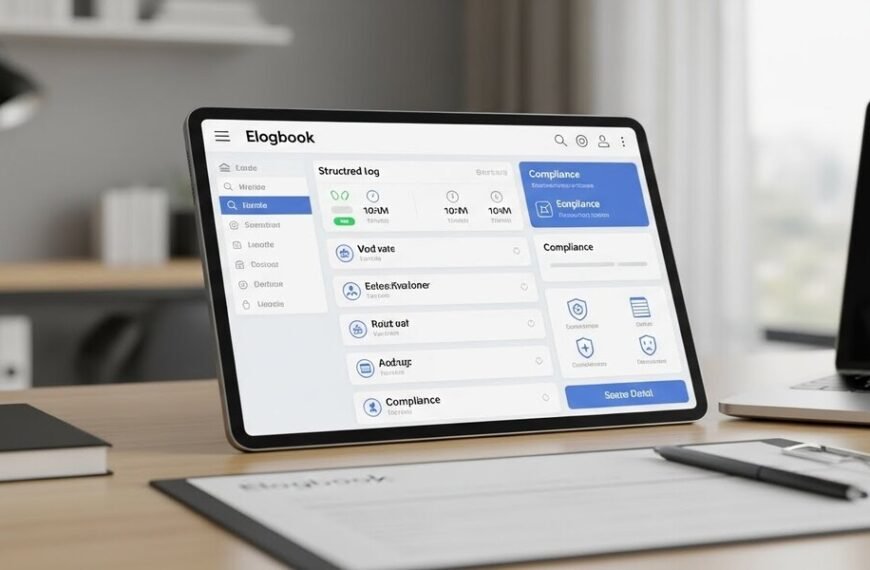In today’s job market, your social media presence is often the first impression you make — sometimes even before your résumé is opened. Employers don’t just read your LinkedIn profile. They search your name, look through your tweets, and scroll through your history to see who you really are beyond the formal job application. That’s why it’s critical to delete tweets that may come back to haunt you.
Whether you’re applying for your first job or moving into an executive role, cleaning up your Twitter history can help you avoid unnecessary scrutiny and show that you take your personal brand seriously. This article will walk you through why it matters, what to look out for, and how to do it efficiently.
Employers Are Checking Your Social Media — Yes, Including Twitter
It’s no secret that hiring managers and recruiters are using social media as a tool to screen candidates. According to a CareerBuilder survey, over 70% of employers research applicants online during the hiring process. Twitter, known for its real-time updates and casual tone, is especially revealing.
The platform encourages impulsive sharing — which means there’s a high chance that something you tweeted years ago may not reflect who you are today. A poorly phrased joke, a controversial opinion, or an emotionally charged reply can resurface with the wrong timing. That’s where a good tweet delete strategy comes in.
Why Your Old Tweets May Hurt Your Job Prospects
Old tweets are often taken out of context, misinterpreted, or simply reflect an outdated version of yourself. What felt like a harmless opinion or joke years ago might now conflict with your industry values or employer policies.
A tweet with offensive language or divisive comments could quickly lead to a rescinded offer. Even less obvious issues — like inconsistency between your professional bio and the opinions expressed on Twitter — can raise red flags. If you’re actively applying for jobs, especially in public-facing industries, it’s smart to review or even delete all twitter posts that could be perceived as unprofessional.
How to Audit Your Twitter Before the Interview
Start by searching your own Twitter handle alongside keywords that might be sensitive. Think about common red flags: profanity, controversial topics, political rants, or anything overly negative.
Use Twitter’s Advanced Search feature to filter tweets by date or specific phrases. Review your replies and retweets too — they often get overlooked but can be just as telling. If you have hundreds or thousands of tweets, you might want to consider using a tool to mass delete tweets for a faster and more thorough cleanup.
One helpful tool is TweetDeleter’s mass delete tweets feature, which lets you quickly remove tweets by keyword, date range, or engagement level. This makes it easier to target specific tweets that don’t align with the image you want to present to a potential employer.
Should You Delete All Tweets or Just Some?
There’s no one-size-fits-all answer. Some people prefer to delete only questionable tweets, while others choose to wipe their entire history clean before applying to a high-stakes role.
If your account is older, with years of content and no clear way to review everything, it may be wise to delete all tweets and start fresh. This approach gives you a blank slate while maintaining your username, followers, and general presence on the platform.
On the other hand, if you’ve been carefully curating your content, you might just need to fine-tune a few tweets that no longer reflect your values. Just remember: selective deletion takes more time and requires you to be honest about what’s appropriate for a professional setting.
Tools That Make Tweet Deletion Easier
Manually deleting tweets is time-consuming and inefficient, especially if you’ve been tweeting for years. That’s where tweet deletion tools come in handy.
Popular tools include:
- TweetDeleter.com – Allows you to filter tweets by keyword, time range, or even likes. It also supports full account wipes or scheduled auto-deletion.
- TweetDelete – A simple solution for deleting batches of tweets.
These tools streamline the deletion process and help you focus on preparing for your interview instead of sifting through endless posts.
What to Do After You Clean Up
After you delete tweets, consider locking your account or switching it to private while you’re actively job hunting. This gives you a layer of control and reduces the chance of an employer misinterpreting a tweet you overlooked.
Also, think long-term. Make tweet deletion a recurring habit or enable auto-deletion for tweets older than 30 or 60 days. This ensures your profile stays clean without constant manual effort.
Finally, align your Twitter bio, pinned tweets, and recent content with your professional goals. Whether you’re in marketing, tech, law, or design, consistency across platforms matters.
Final Thoughts – Deleting Tweets Is a Smart Career Move
At the end of the day, choosing to delete tweets before a job interview is not about hiding your personality — it’s about being intentional with your digital presence. You’ve worked hard to build a career, and one old tweet shouldn’t be the reason you miss out on your next opportunity.
Take control of your Twitter feed before someone else judges it for you. Whether you want to fine-tune your profile or go all in and delete all tweets, taking this step can give you peace of mind and a professional edge.
Now’s the time to clean house — your future self (and your future employer) will thank you.






